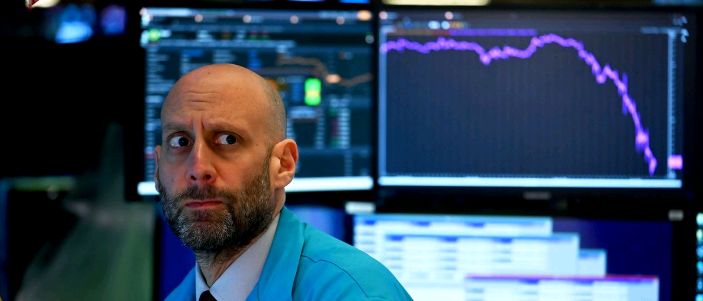
No se puede negar que el último dato de empleo en Estados Unidos fue inesperado. Las empresas estadounidenses crearon 2.5 millones de empleos en mayo, frustrando las expectativas de una caída de 7.5 millones. Si bien algunos han anunciado el informe...